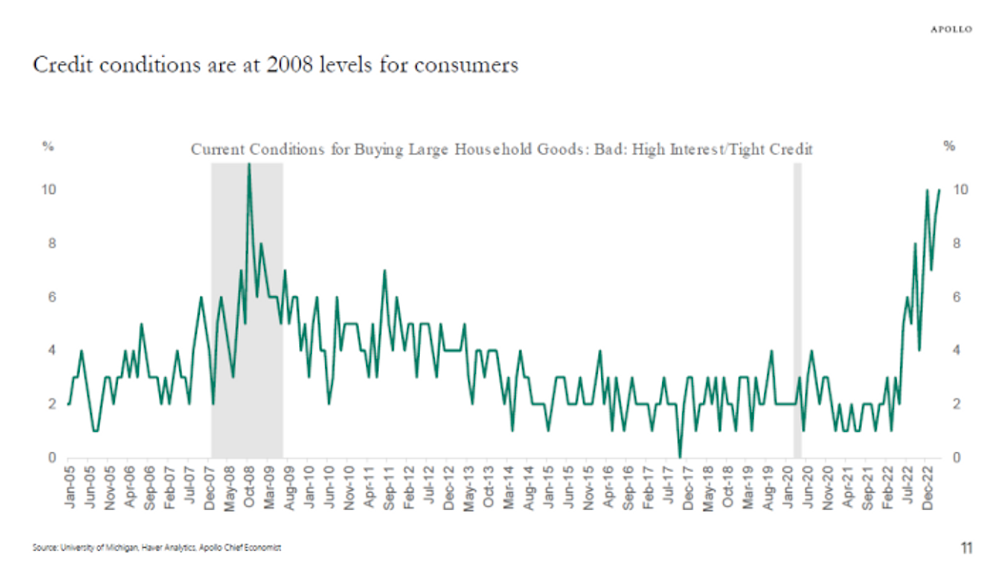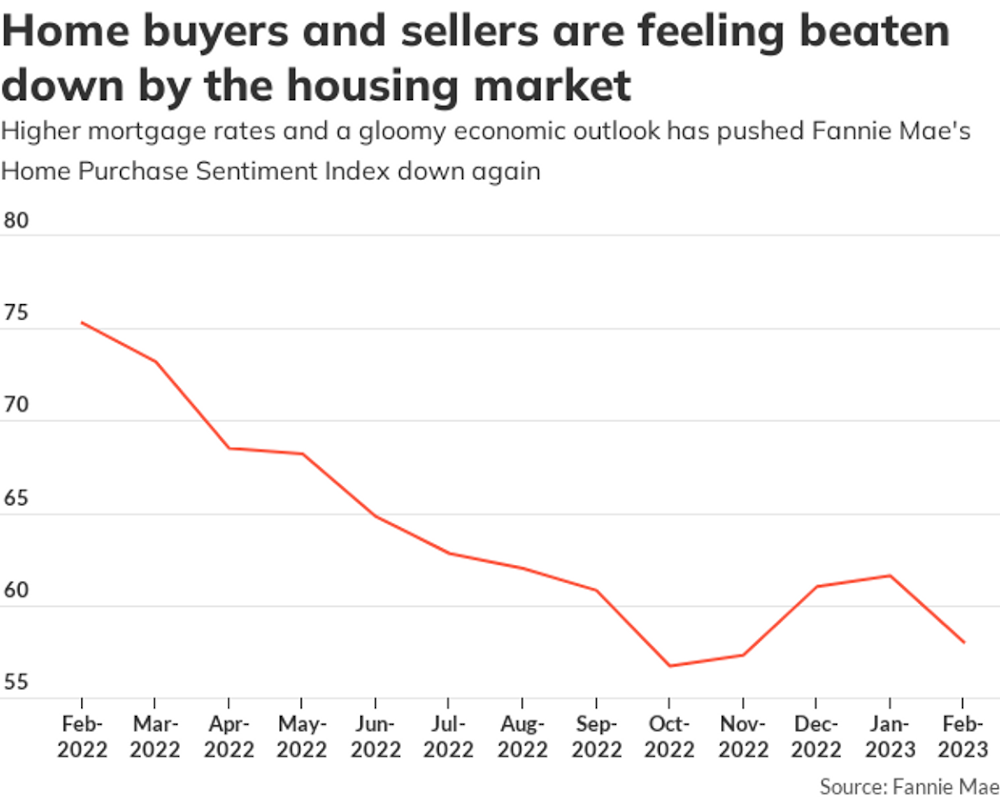By Takashi Nakamichi
--Japan's finance minister calls on Europe to quickly act to fight crisis in speech to IMF policy steering body --Japan pledges to contribute to European Stability Mechanism
--Japan seems increasingly worried about missing 2.2% growth goal for current fiscal year
TOKYO
Japan's finance minister on Saturday urged European officials to "quickly" carry out the promised steps to douse their debt crisis, saying Japanese growth could fall below 2% in the current fiscal year unless Europe-induced economic problems subside
Mr. Koriki Jojima in turn pledged to make contributions to Europe's new anti-crisis fund, known as the European Stability Mechanism
"Europe needs to quickly implement all of the measures that have been agreed upon and announced to date," Mr. Jojima said in a speech to the International Monetary Fund's policy-steering committee
Describing the euro bloc's turmoil as "the greatest cause for concern" for the world economy, Mr. Jojima said quick European actions are "essential" to avert any further global economic slowdown
The remarks by Mr. Jojima reflect Japanese frustrations with various fallouts from Europe's debt scourge, such as falling demand for Japanese products in the global market and export-stunting strength in the yen, both of which are threatening to push Japan's economy into recession
As the host of the IMF's latest annual meeting, Japanese officials have voiced worries over the strong yen at various events held this week, including a meeting of top officials from the Group of Seven leading industrialized nations.
Mr. Jojima said Japan's economy could grow about a price-adjusted 2% in the fiscal year ending in March if downside risks--including instability in the financial market and global economic slowdown--"subside." Those conditions are "due to the European sovereign debt crisis," he said
His forecast signals mounting concerns within the Japanese government that it could fail to achieve a targeted 2.2% expansion this fiscal year, particularly since national elections could come in less than a year
In a sign that Japan continues to see the need to mobilize its own funds to help fix Europe's problems, Mr. Jojima welcomed the launch earlier this month of the ESM and declared that Japan is "ready to make contributions as necessary."
For his part, Mr. Jojima acknowledged that in addition to Japan's planned sales tax increases in the coming few years, Tokyo needs to "make further efforts" to deliver on its promise to balance the combined budget of the local and central governments by March 2021




















4 comentarios:
By MarketWatch
Japanese company Softbank Corp. is near a $20 billion deal to buy a majority stake in Sprint Nextel Corp. , people familiar with the matter said, a deal that will give the third-largest U.S. wireless operator more financial firepower to compete with bigger rivals.
SoftBank, a Japanese telecom and Internet company, will acquire 70% of Sprint by buying $8 billion worth of shares directly from the wireless carrier and then buying another $12 billion in shares in the market, the people said.
The deal will give heavily indebted Sprint an immediate infusion of cash, which will help as it tries to keep up with industry giants AT&T Inc. (T) and Verizon Wireless, each nearly twice Sprint's size and with far deeper pockets. Sprint could use the funds to help build out its next-generation wireless network or to buy up other carriers providers in an effort to bulk up.
El BCE suma ya 31 semanas seguidas sin comprar deuda
El Banco Central Europeo (BCE) informó hoy de que la pasada semana no compró deuda soberana de los países de la zona del euro, por lo que ya son treinta y una semanas consecutivas sin hacerlo.
Además, el BCE dijo que la cantidad redondeada de deuda soberana de los países de la eurozona que tiene ahora del primer programa de compra es de 209.500 millones de euros, teniendo en cuenta el efecto de un ejercicio de amortización trimestral a finales de septiembre.
La entidad monetaria retirará esta cantidad para que no suba la inflación y ofrecerá para ello un tipo de interés máximo del 0,75 %.
EFE
El Gobierno alemán prevé que la economía del país avance el año que viene un 1 %, claramente por debajo del pronóstico de primavera, en el que el Ejecutivo apuntaba un 1,6 %, y en línea con las últimas estimaciones de los centros de estudios.
El informe de previsiones macroeconómicas del Ministerio de Economía "Proyecciones de Otoño", que se presentará oficialmente mañana, pero que hoy avanza el diario popular "Bild", argumenta que el potente sector exterior alemán seguirá resintiéndose por la crisis de la zona del euro.
Estas previsiones, no obstante, están construidas sobre la base -compartidas por el Gobierno y la mayoría de expertos alemanes- de que la crisis de la deuda no va a empeorar en 2013 y que la situación va a relajarse.
Para el presente ejercicio, el Ejecutivo alemán revisa ligeramente al alza sus previsiones y ahora estima que el producto interior bruto (PIB) de la mayor economía europea avanzará un 0,8 %, cuando en primavera había augurado un 0,7 %.
Está previsto que mañana a mediodía el ministro alemán de Economía, el liberal Philipp Rösler, presente personalmente en una rueda de prensa las principales conclusiones de las "Proyecciones de Otoño".
La actualización, por parte del Gobierno, de las mayores cifras macroeconómicas de Alemania para este año y el que viene coincide a grandes rasgos con las revisiones que han realizado en las últimas semanas los centros de estudios económicos de referencia.
Los cinco principales institutos pronosticaron la semana pasada que Alemania crecerá este año un 0,8 % (frente al 0,9 % de su última estimación) y un 1 % el próximo ejercicio (frente al 2 % estimado).
HONG KONG (MarketWatch) -- Japanese Prime Minister Yoshihiko Noda told his cabinet Wednesday to prepare a new economic stimulus package by the end of November, in a move widely viewed as helping to remedy signs of a slowdown in the recovery pace since the devastating earthquake and tsunami in March 2011, according to reports. A cabinet spokesman told reporters Wednesday that no supplementary budget was being planned at the current time, according to a report by Dow Jones Newswires
Publicar un comentario